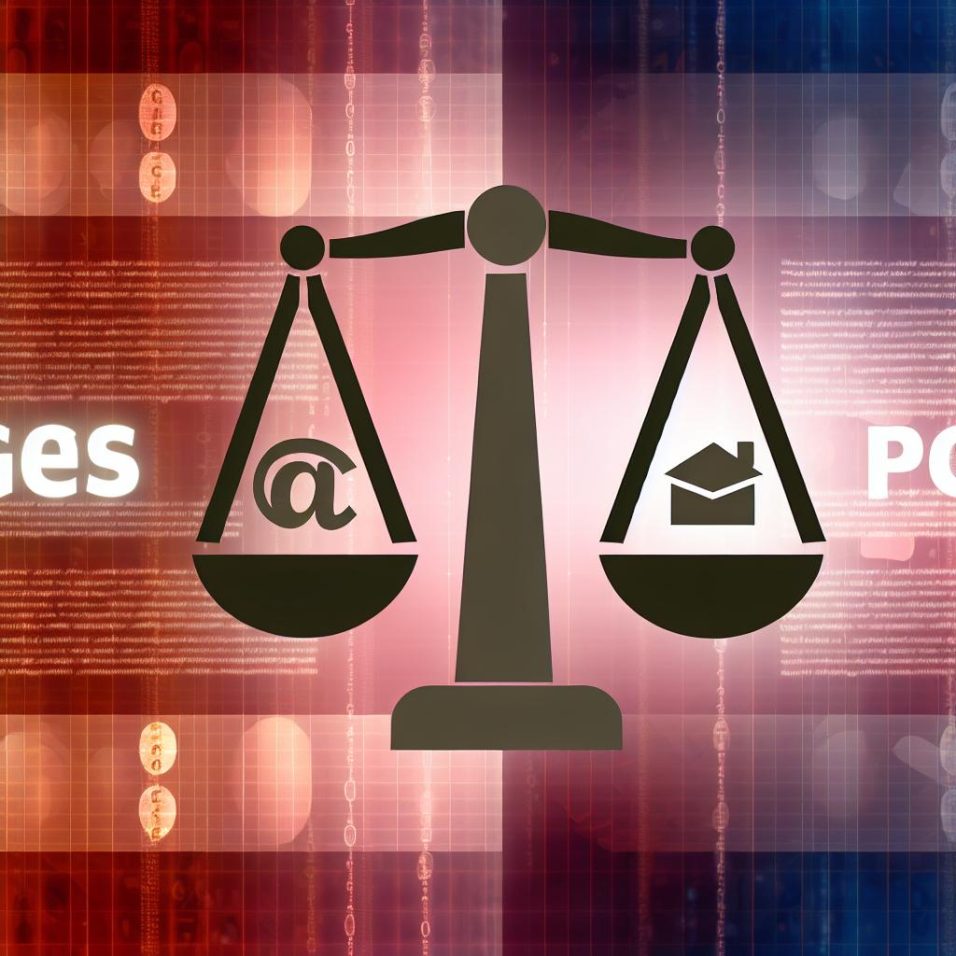Introduction to WordPress for Event Management
WordPress is a versatile platform that excels beyond traditional blogging and website creation. Its adaptability makes it an excellent choice for managing events of various types and scales. Through the use of plugins and themes, WordPress can become a robust event management system suitable for organizing conferences, seminars, workshops, and more.
Setting Up WordPress for Event Management
To begin using WordPress for event management, you need to ensure your website is appropriately configured. This process involves selecting the right plugins and themes to enhance functionality.
Selecting a Theme
Choosing a theme that is designed for or compatible with event management is crucial. These themes often come with built-in features like event calendars, booking forms, and schedule displays. A popular option is the Eventum theme, which offers a modern, responsive design with event-centric features. This theme not only provides a visually appealing layout but also enhances the user experience with its easy navigation and clear presentation of event-related content.
Installing Necessary Plugins
Plugins are essential for extending WordPress functionality. Several plugins can assist in managing events efficiently, offering various features crucial for a seamless experience:
The Events Calendar: A comprehensive plugin to create and manage an events calendar. It supports recurring events, ticket sales, and integrates with Google Maps, making it possible to provide attendees with directions and detailed notices about event locations.
Event Tickets: This plugin allows you to sell tickets directly from your WordPress site, offering integration with The Events Calendar for enhanced management. By streamlining the ticketing process, it enhances user convenience and facilitates event attendance tracking.
WP Event Manager: Offers features such as frontend event submission forms, event listings, and customizable event widgets. This plugin is particularly beneficial for events with multiple contributors or hosts, allowing for a collaborative setup.
Creating and Managing Events
After setting up the necessary themes and plugins, you can start creating and managing events on your WordPress site. Here are some steps to guide you:
Adding Events
To add an event:
- Go to the Events section in your WordPress dashboard.
- Click on Add New to create a new event.
- Fill in details such as the event name, description, date, and time.
- Add a featured image or media galleries if necessary.
In addition to the basic event information, you can add comprehensive details about speakers or performers, detailed agendas, and specific event highlights to attract more participants. Including multimedia elements like videos or interactive components can increase engagement and provide prospective attendees with a richer picture of what to expect.
Managing Event Details
You might want to display various types of information related to your event. Consider leveraging these strategies:
Utilizing categories and tags can help you organize events more efficiently, ensuring that your audience can filter through numerous events easily to find the ones most relevant to them. Displaying venue details efficiently, perhaps through Google Maps embedding, allows participants to understand event logistics quickly. Further, you could offer downloadable event agendas or brochures using PDF attachments, providing attendees with resources to prepare for their participation.
Promoting Events
WordPress provides multiple avenues to promote your events:
By integrating social sharing buttons, you can facilitate easy promotion across social media platforms such as Facebook and Twitter, increasing the visibility and reach of your events effortlessly. Leveraging SEO plugins such as Yoast SEO ensures your event pages are optimized for search engines, aiding in elevating your event’s ranking and visibility online. Additionally, creating newsletters using a plugin like MailPoet can be highly effective for announcing upcoming events to your subscribers, keeping them informed and engaged with your activities.
Handling Registrations and Ticket Sales
For events that require registration or ticket purchases, ensure your WordPress setup facilitates these processes smoothly.
Online Registration
Many event management plugins include online registration functionality, allowing attendees to register easily through your website. Your registration forms should be straightforward, collecting essential data such as name, contact information, and any preferences or requirements relevant to the event to tailor experiences to individual attendees’ needs.
Ticket Sales
Handling ticket sales involves integrating payment gateways with WordPress:
Utilize WooCommerce or Easy Digital Downloads for a comprehensive e-commerce solution that can handle ticket sales efficiently. Ensure the payment gateway you choose supports a secure and reliable transaction process, reinforcing attendee trust and facilitating smooth transactions.
Monitoring and Analyzing Event Success
After your event has concluded, it’s vital to assess its success and gather insights:
Monitor your website traffic using Google Analytics to understand how attendees interacted with your event pages and gather insights into what aspects garnered the most interest. Collect feedback directly from attendees via survey plugins like WPForms to gather qualitative data that can guide improvements for future events. Additionally, analyzing ticket sales data can provide financial insights and inform strategies for pricing and sales performance in subsequent events.
Conclusion
Leveraging WordPress for event management offers numerous benefits, from simplified event creation to robust promotional tools. By selecting the right themes and plugins, you can create a well-organized, engaging, and efficient event management system on your WordPress site. For more information about the tools mentioned, visit WordPress.org.

